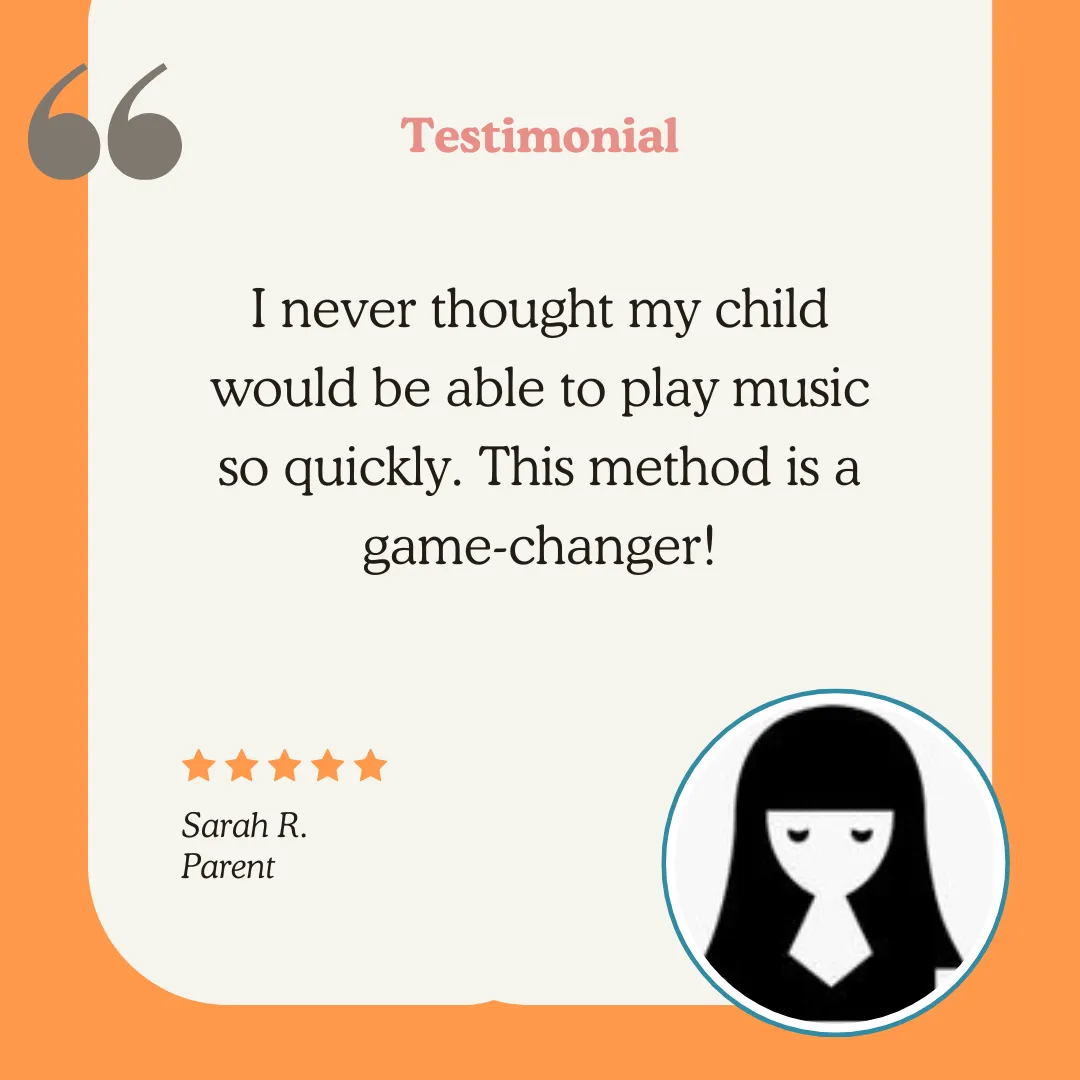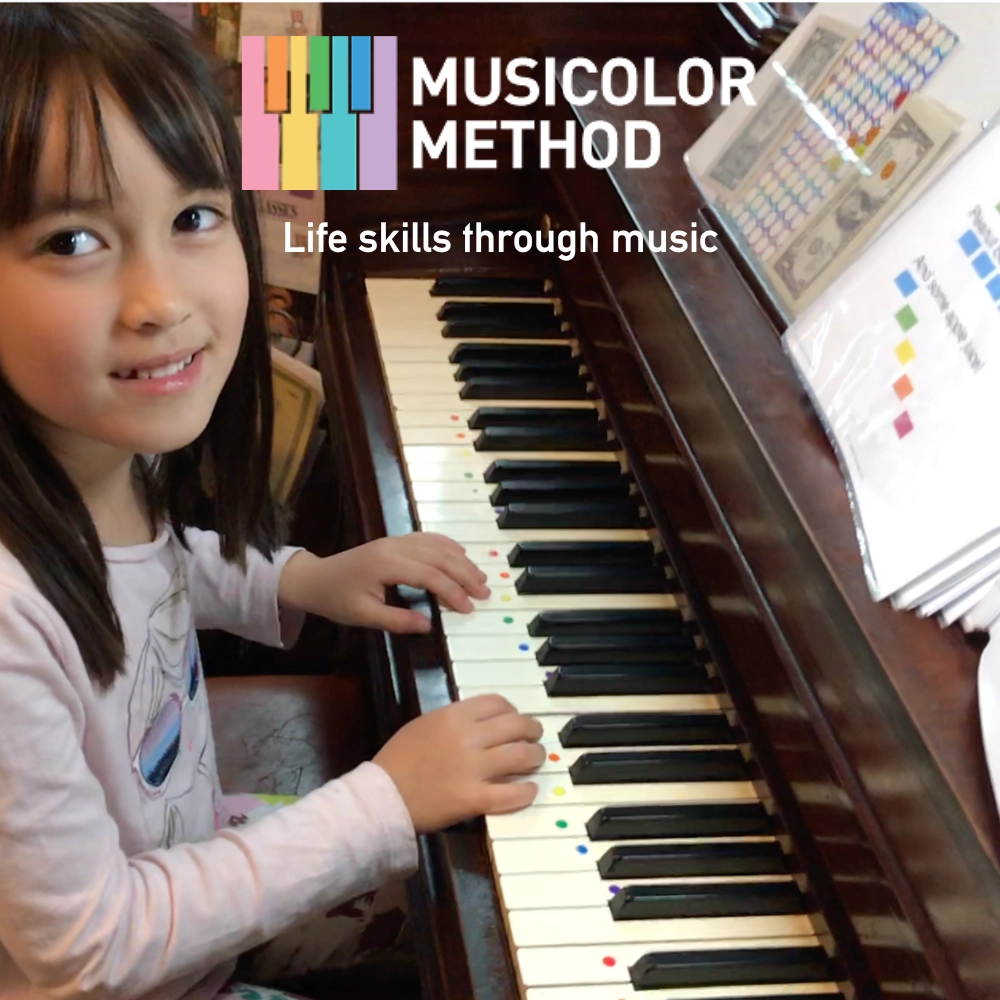Whoopsies
You've clicked a broken link. Sorry about that.
Get In Touch
(917) 909-6140
Address: 15 Metrotech Center, 7th floor
Email: [email protected]
Assistance Hours :
Mon – Sat 9:00am - 5pm Eastern Time
Sunday - closed
Submit your inquiry below and one of our team will contact you within the next business day.
I agree to terms & conditions provided by this company. By providing my phone number, I agree to receive text messages from the business.
TESTIMONIALS
What Parents & Educators Say



"Starting a Musicolor Franchise was the best decision I’ve made. The support, branding, and proven system have helped me build a successful business while doing what I love!"
"Kids learn through play and that's exactly what this is - learning through play."
- Igor M.
Space
Space
15 Metrotech Center, 7th Floor Brooklyn, NY 11201, USA
(917) 909-6140
Copyright 2025 | 300 Monks, LLC dba Musicolor Method | All rights reserved

